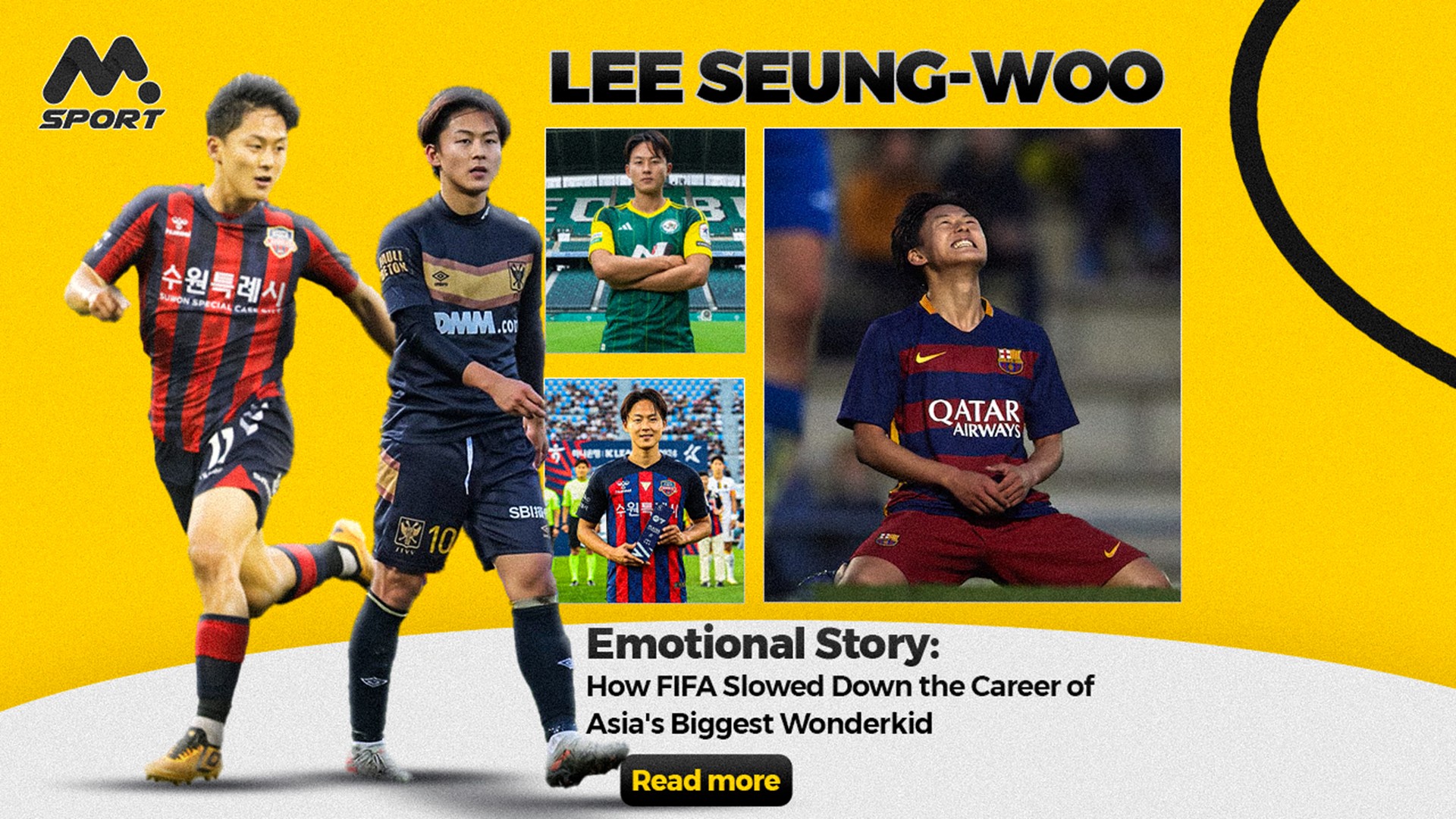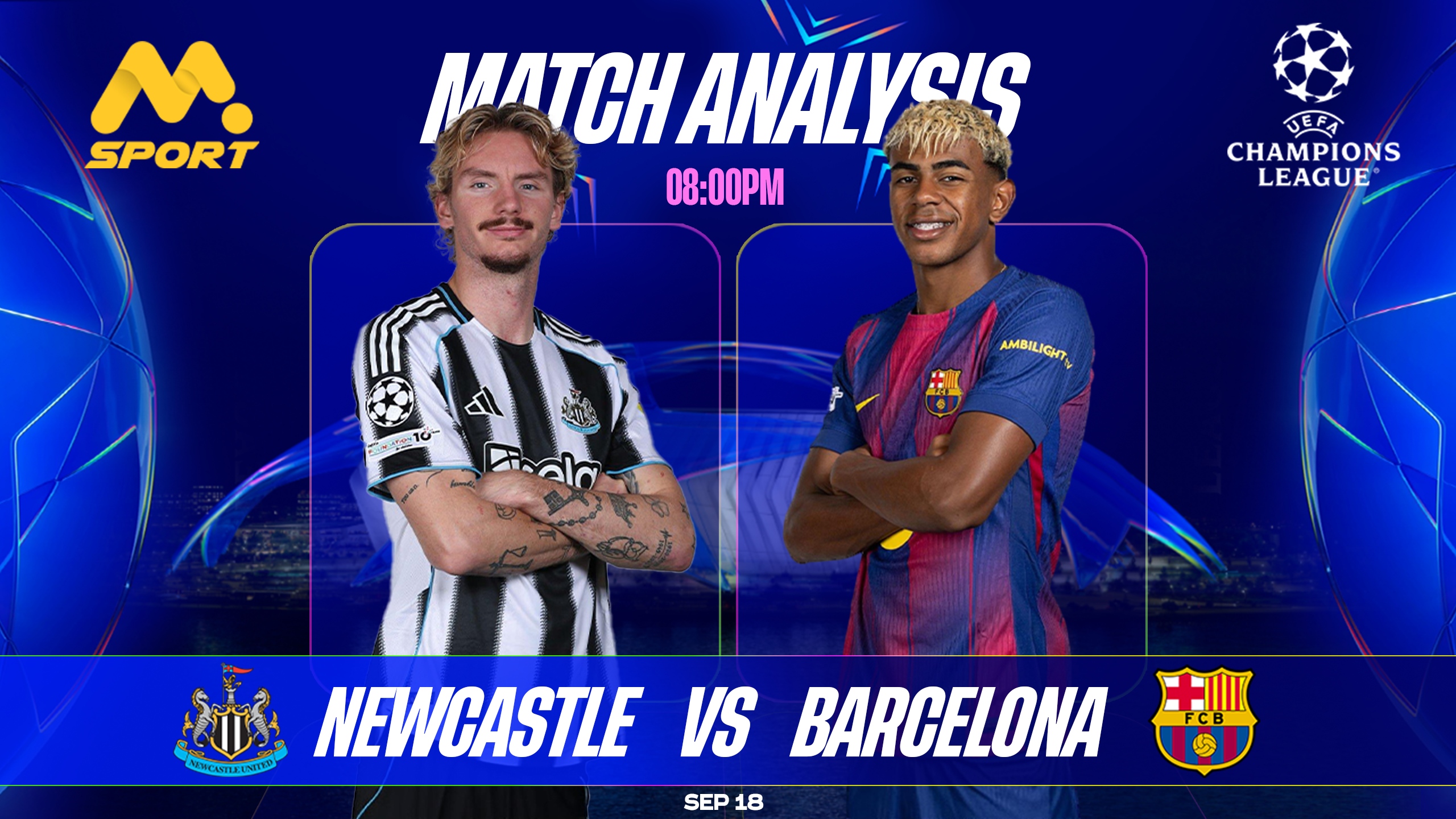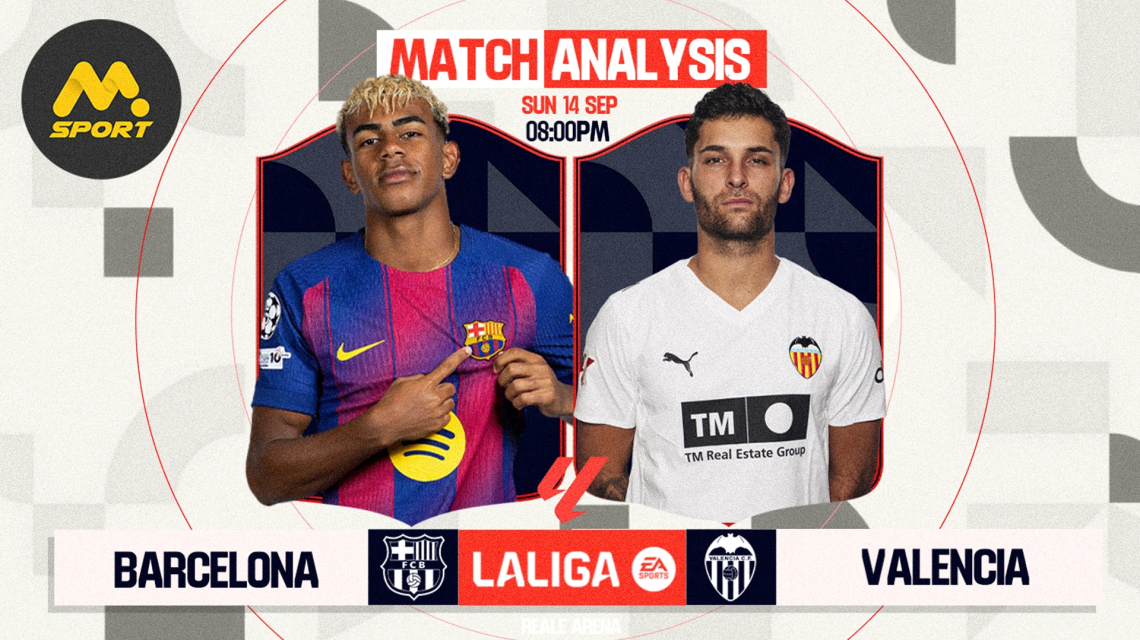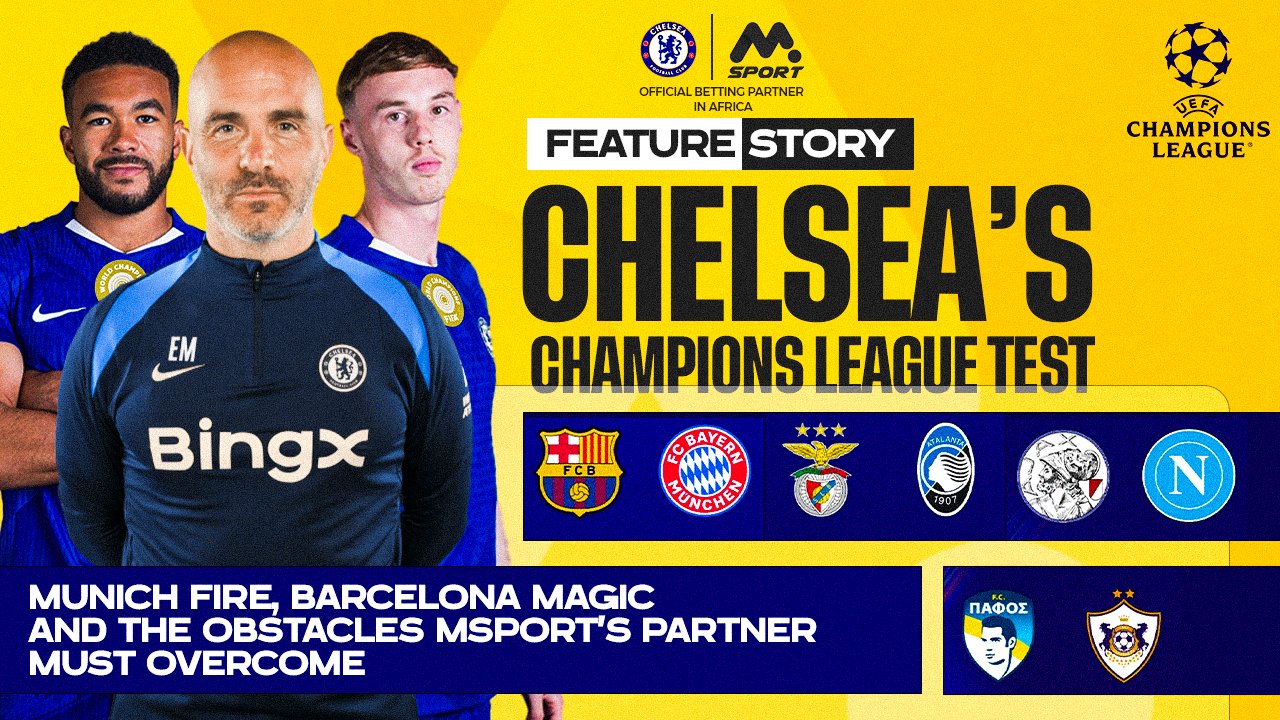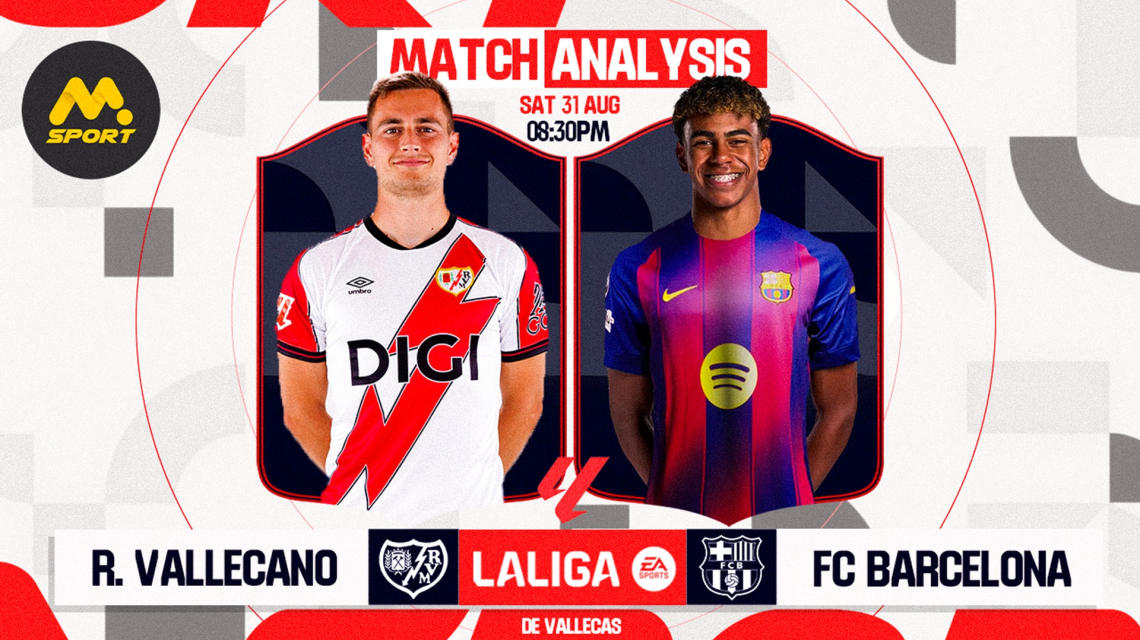Lee Seung-woo was supposed to be the one. The face of Asian football's next era.
This is the story of how football’s regulations; not form, not attitude — clipped the wings of one of its brightest young talents.
A Prodigy Unlike Any Other
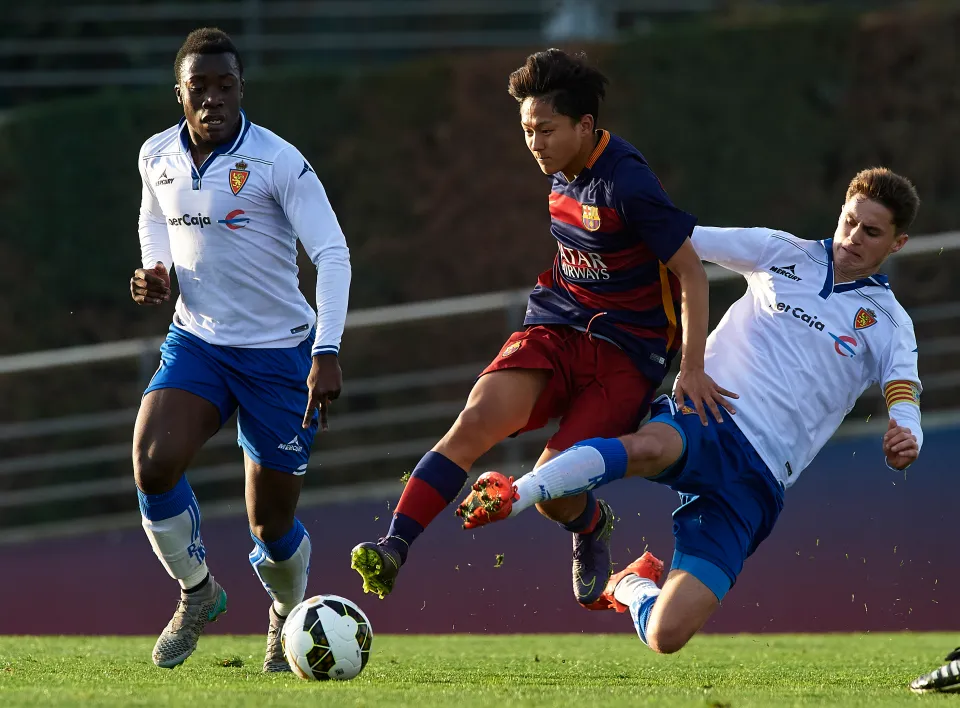
Lee first caught global attention at the 2010 Danone Nations Cup, a prestigious youth tournament held in South Africa. Representing Korea’s U12 team, he tore through elite academies from Europe and South America, scoring seven goals in six games and being named top scorer. Barcelona scouts at the tournament didn’t just notice him, they called Catalonia in disbelief.
“There’s a Korean kid running through teams like it’s nothing,” one of them reportedly said.Weeks later, Lee arrived at La Masia. His family relocated with him, and from day one, he looked at home. In his first season, he broke Messi’s scoring record for his age group. Coaches praised not just his technique, but his mindset. He was obsessive. A fast learner. A kid who would see a trick on Monday and weaponize it by the weekend.
By 14, he had a reputation. By 16, he was a national star. South Korea called him their future. Barcelona called him a diamond. He called himself focused. “I watch Messi closely,” he once said. “I want to be the perfect player like him. My dream is to be the first Korean to play for Barcelona’s first team.”
The FIFA Ban That Changed Everything

Then, just as he was preparing for the next step, it all stopped.
In 2014, FIFA sanctioned Barcelona for breaching Article 19 of its regulations on the international transfer of minors. The rule is designed to prevent exploitation and trafficking. In practice, it penalized kids like Lee. Along with several other youth players, he was banned from playing official matches for over two years.
No league games. No youth tournaments. No friendlies. No progress.
Lee was 16 when the ban hit. Those are crucial years in a young footballer’s life. While peers across Europe were making their senior debuts, Lee was stuck in training sessions, unable to test himself in real games. He fell behind.
Barcelona appealed. They argued his parents had moved legally and that the environment was in Lee’s best interest. But the ban stood. Sepp Blatter, FIFA’s president at the time, insisted the policy was about protecting children. Some believe the decision was politically motivated. Others suggest it may have stemmed from a complaint by a rival Spanish club.
Whatever the reason, the effect was brutal.
Lee lost more than minutes. He lost momentum. He lost rhythm. He lost that edge that separates elite talents from the rest.
The Search For a New Stage
In 2017, Lee left Barça and signed for Hellas Verona in Italy. It was a bold move; he was 19, hungry, and eager to show the world he was still that same boy from La Masia.
And at times, he did. He scored his first Serie A goal against AC Milan at San Siro. For South Korea, he showed flashes of magic at the 2018 World Cup and even more during the Asian Games, where he helped his country win gold.But consistency eluded him. He struggled for game time in Italy, bounced to Belgium’s Sint-Truiden, and later Portugal's Portimonense, always showing glimpses, never fully sticking.
By 2023, he had returned to South Korea, signing with Suwon FC.
What He Lost, and What He Still Has
Lee Seung-woo is only 27 now. Still young. Still capable of a second wind. But the truth is, he lost critical years — years no young footballer can get back.
The FIFA ban didn’t just stall his development. It interrupted his momentum, isolated him from the rhythm of competitive football, and planted doubt in the minds of scouts and clubs who once thought he was a generational talent.This wasn't a case of poor attitude or a bad move. It was a career interrupted by a rule designed to protect, but which in his case, punished.
Still Writing His Story
He was called the Korean Messi. But he never asked for the comparison. All he ever wanted was a fair shot.
And at 27, he still has time to write the ending on his terms.

